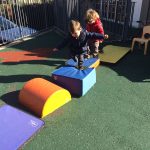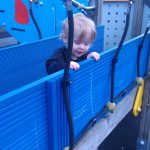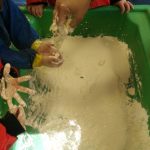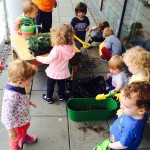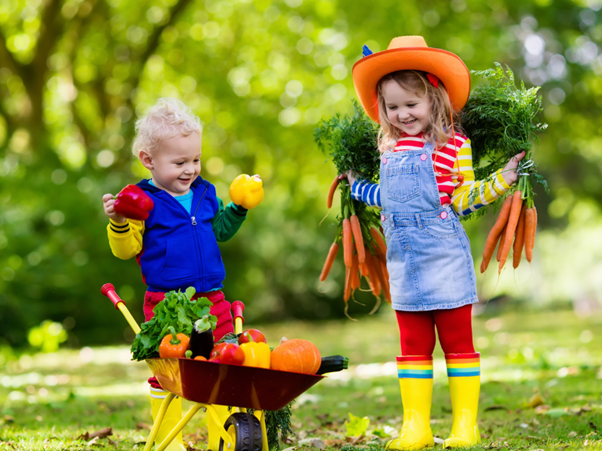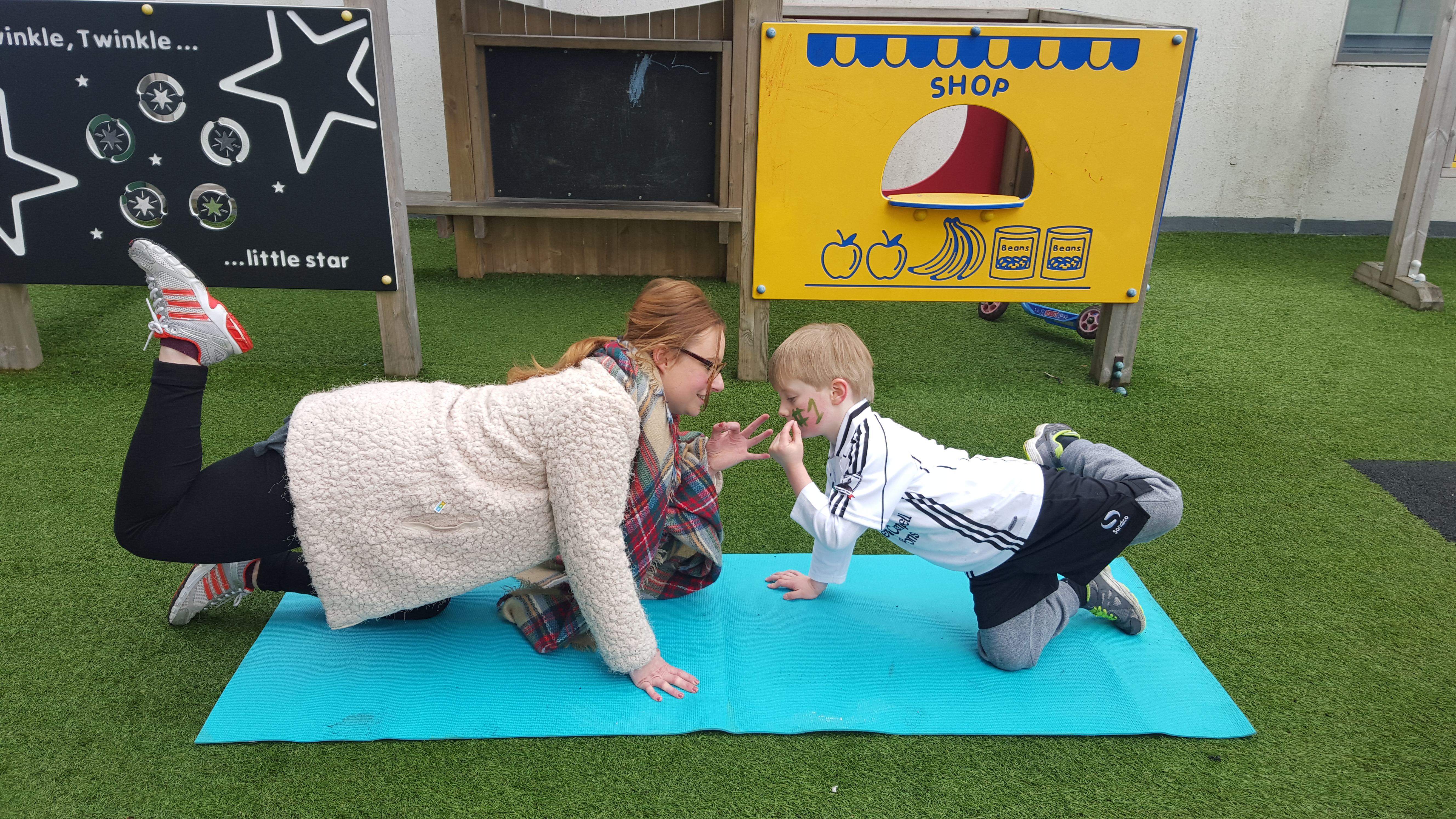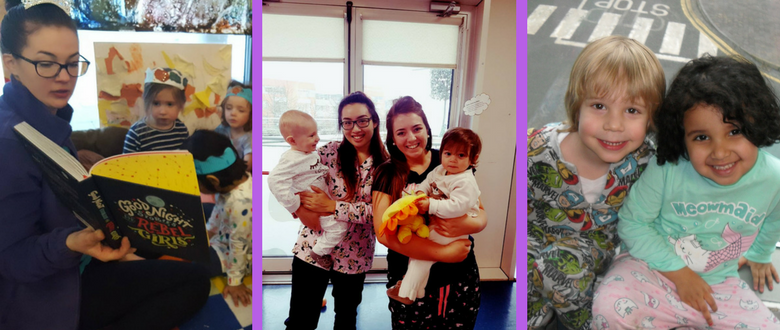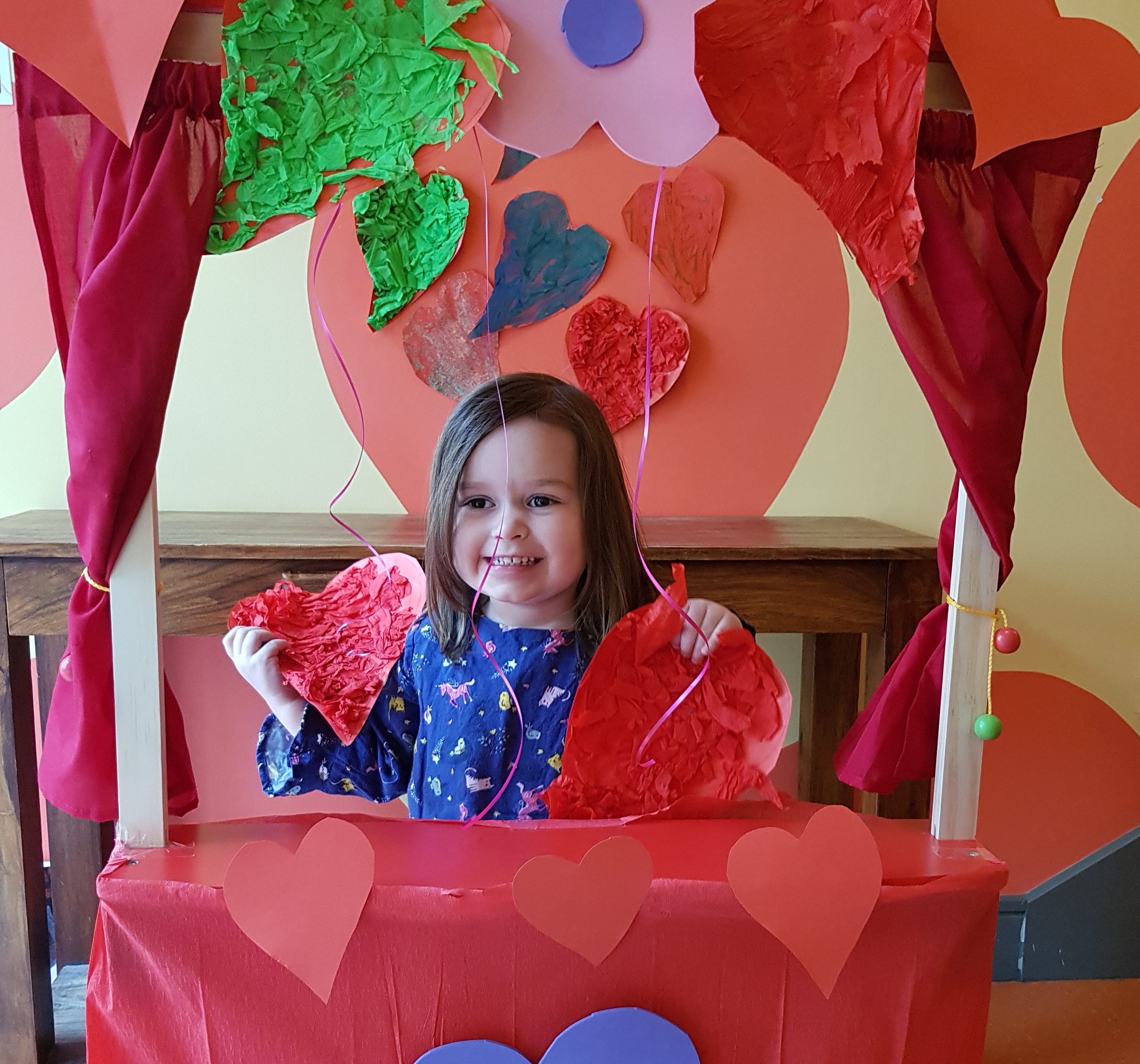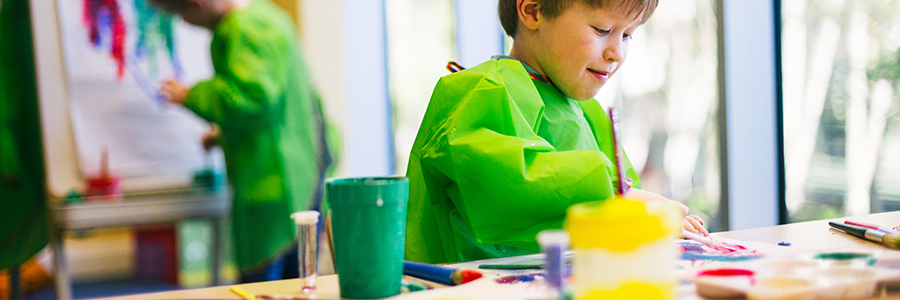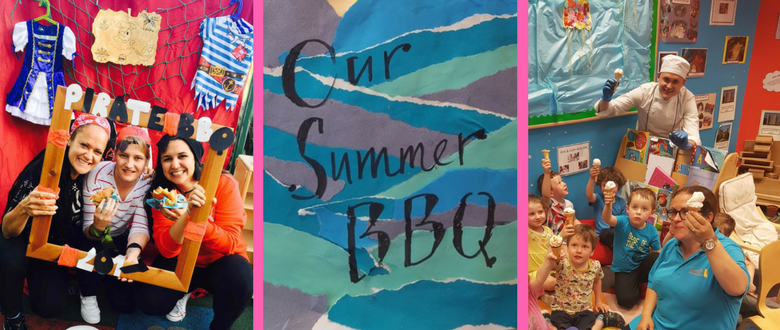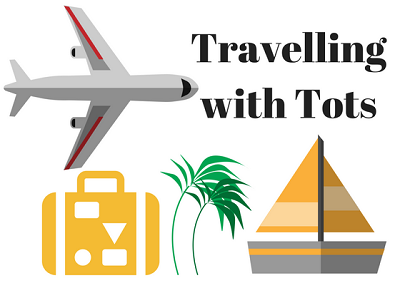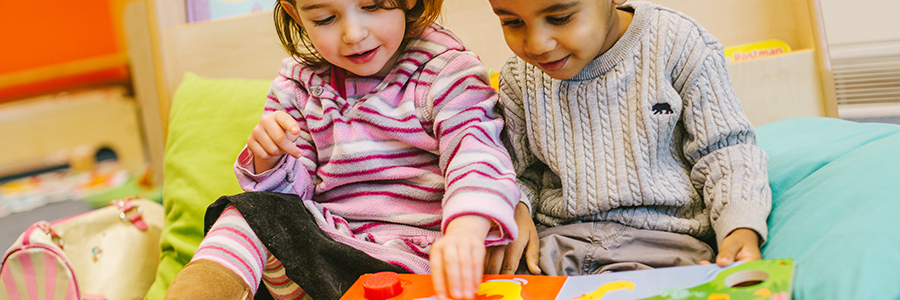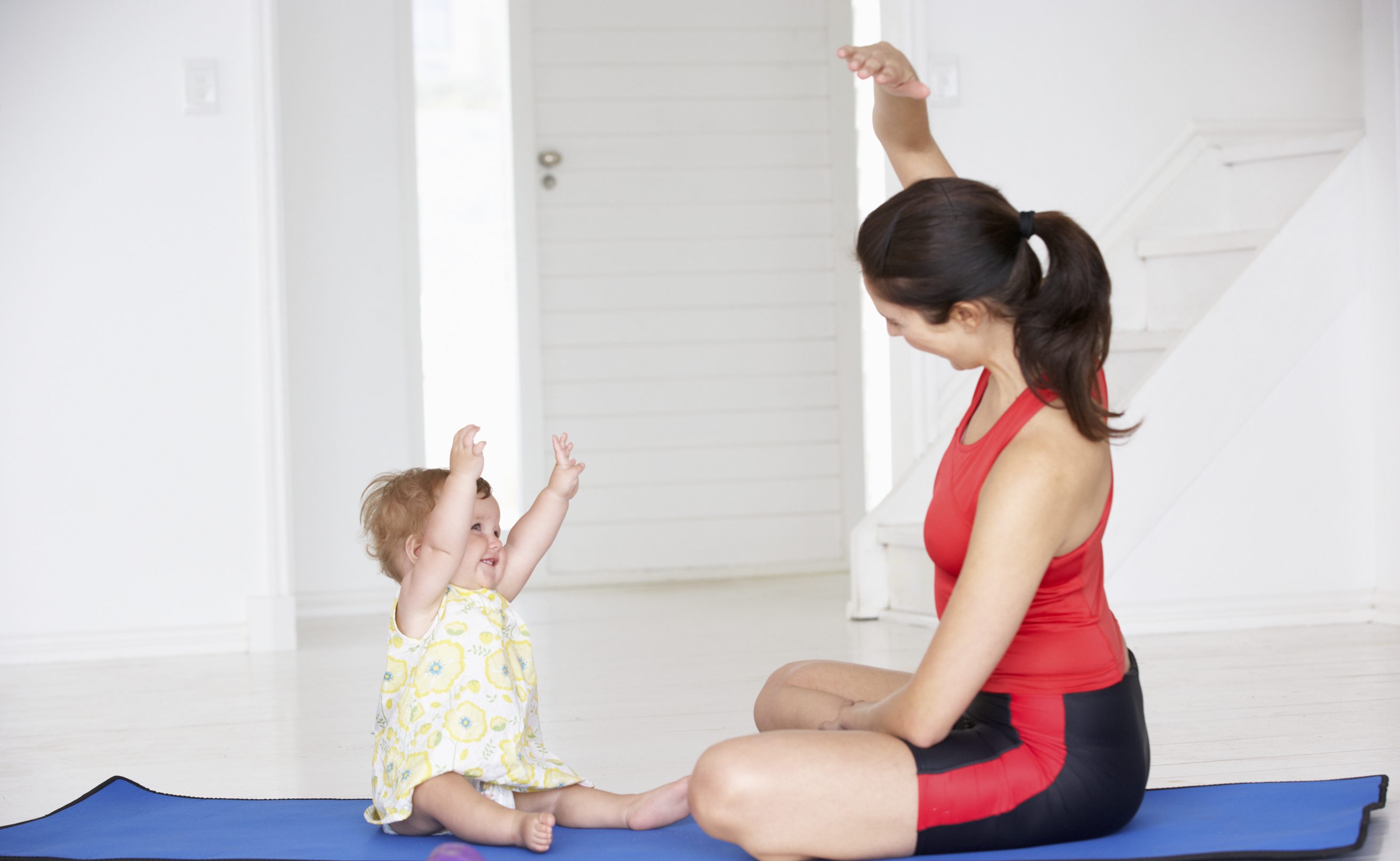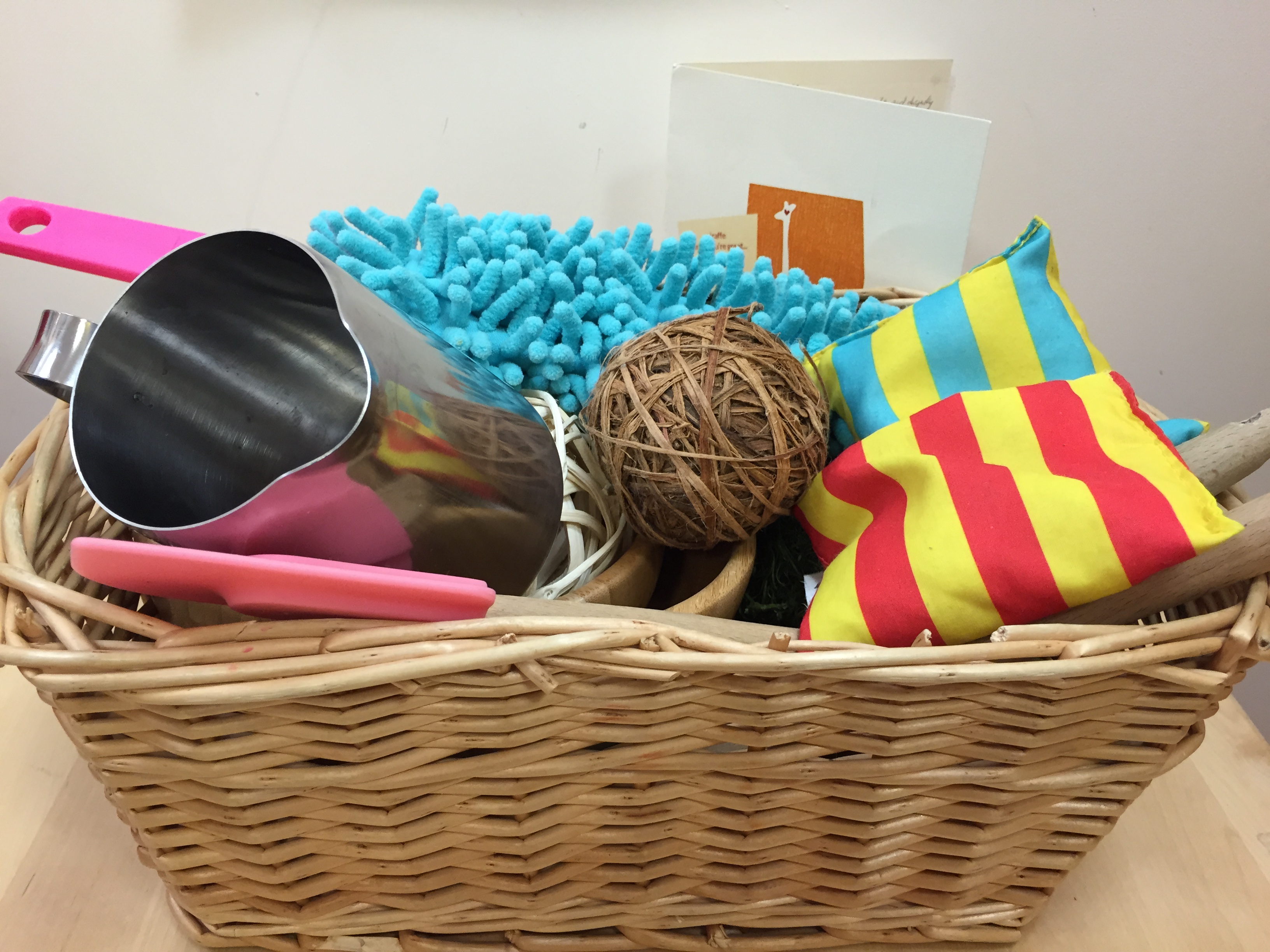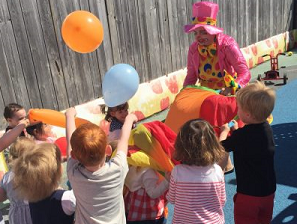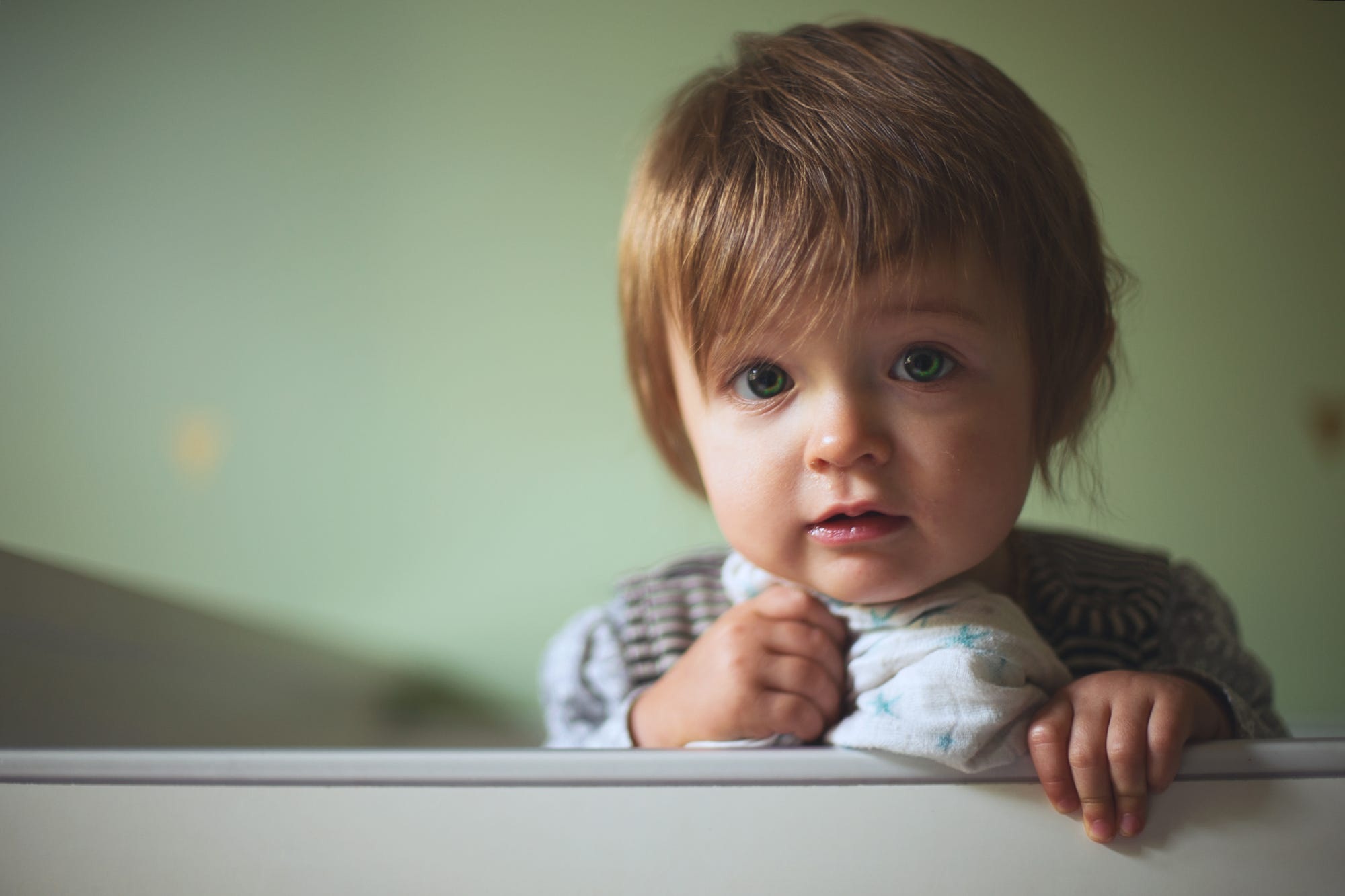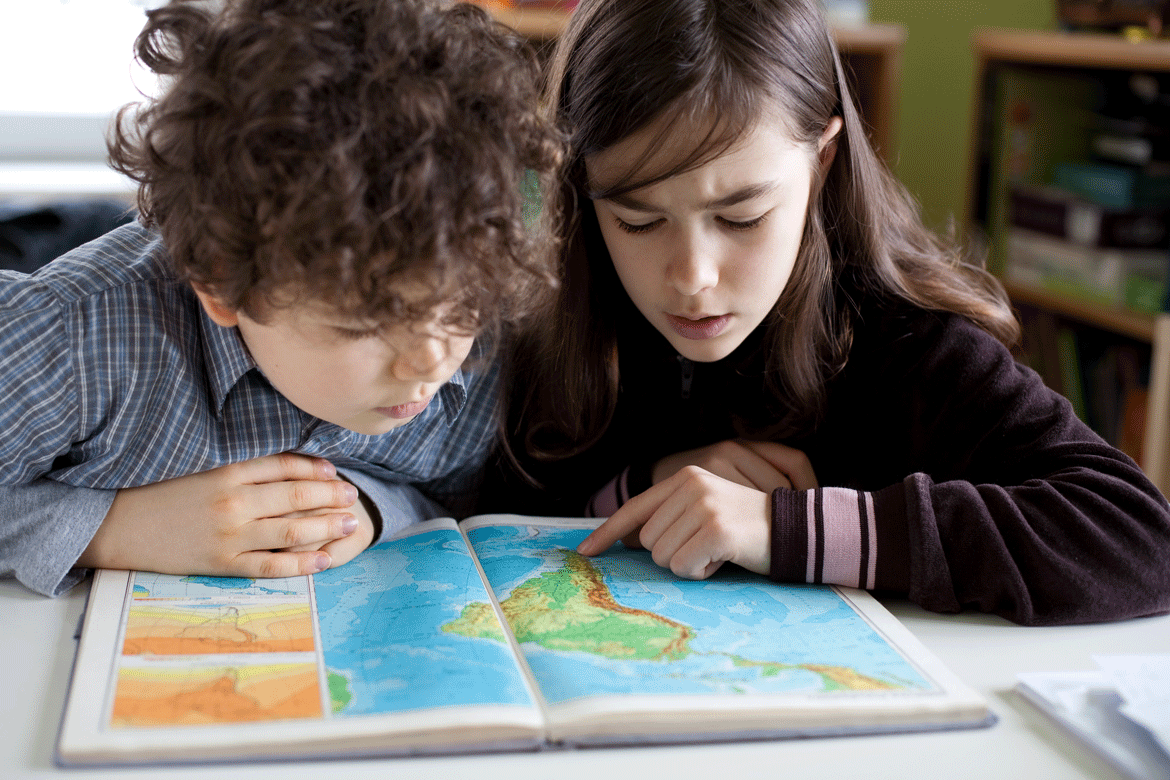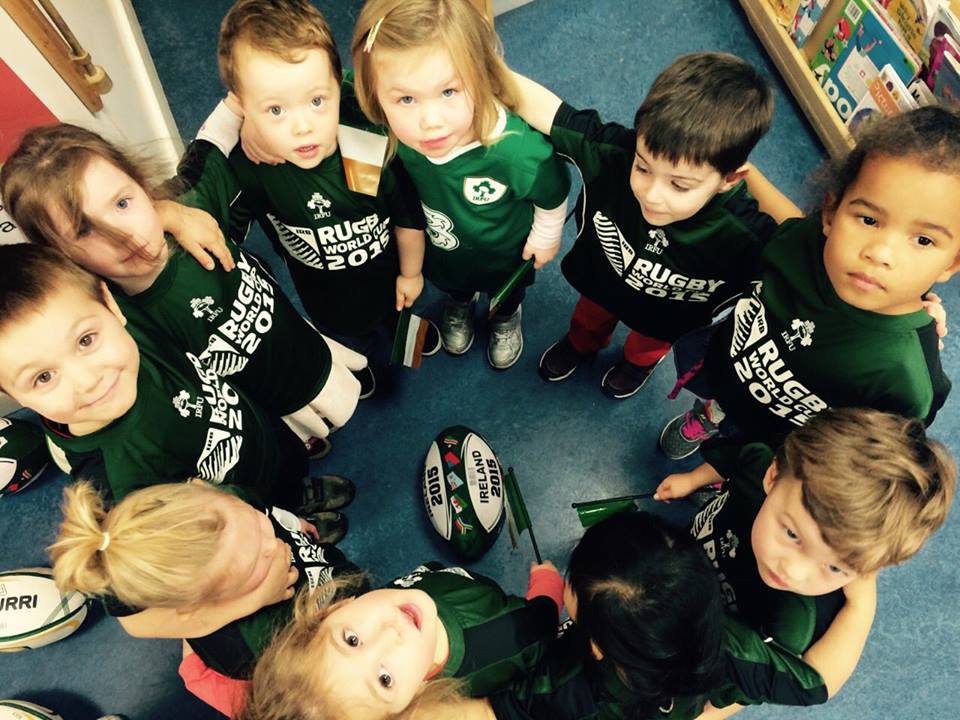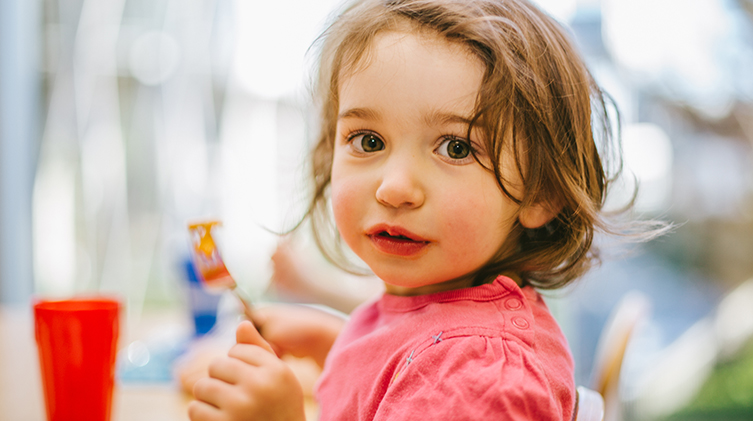Risky Play – Teaching our children to trust themselves

In our quest to give our children the richest academic experiences, at the earliest possible ages, with endless after-school activities, play dates and organised schedules, we have taken the time to play on their own out of the equation. The increasing number of children stuck indoors in front of screens, on tablets, computers and game consoles, leading ever more sedentary lives, greatly reduces the time that children have to play away from direct adult supervision and parental control.
Children need time to enjoy free play, a childhood that includes puddles, splashing, jumping, rolling, climbing, sticks and mud where they can learn how to manage and take risks in their lives. We are becoming an increasingly risk averse society, bubble wrapping our children and not allowing them to learn about risk safely and their own ability to handle and respond to it.
WHAT IS RISKY PLAY?
Risky play is defined as a thrilling and exciting activity that provides opportunities for children to learn about challenge, test limits, explore boundaries and learn about risk of possible injury: What happens if I do this? All play involves an element of risk, such as sliding, climbing trees, rough and tumble and by feeding children’s natural curiosity and innate need to explore with reasonable risks prevents them from finding greater unmanaged risks for themselves.
As adults, we can help children learn to manage risks for themselves and understand safety and don’t forget that children will fall down, scratch themselves and get bumps and bruises — this is not always a bad thing but part of an active and fun childhood.
Obviously a balance needs to be struck and no one is advocating putting children in overtly dangerous situations, but there are so many opportunities for children to learn about risk safely. It’s more about allowing them to have a bit of excitement and adventure in a controlled way. The restrictions put on children’s play are often based on the adult’s perception of what is dangerous rather than giving the children the freedom to judge situations and test themselves and to understand cause and effect.
Start outside
- Sack Races!
A good start is by limiting screen time, trying to be less over protective and introducing boundless opportunities for children to learn about risk through play. Go back to basics and use the natural resources of the great outdoors. Set up an adventure course in the back garden with platforms, tunnels, jumps, balancing benches and beams, tyres and swings.
Let your child climb trees: choose trees that are an appropriate height for your child’s ability and see how high they can go. Learning to navigate the branches gives a real sense of adrenaline and then achievement. Your child’s inner instinct will let them know when they have climbed high enough and they will want to get back down.
Encourage your children to build dens and use sticks to write in the mud – your child’s imagination will flow as their hut will become a castle or a dungeon, their hideout away from adults.
Learning to ride a bike and negotiating the world on skates (especially going downhill!), are both great for building your child’s physical confidence in their own abilities. Also, simply climbing a wall and jumping off it will increase their awareness of balance, height, distance and they can make judgement calls and test their own boundaries at the same time.
Play time
- Looking for treasure
For younger children, create a digging area in the garden and allow them to explore the earth, to dig for worms and bugs, and plant herbs creating smelling pots and then make perfume by grinding them together. They will also love puddles, watering plants and collecting rain water from the water butt to make mud pies.
Go to the mountains and just walk and run — let your children roll down hills and it’s even more fun in the snow in winter on the back of a toboggan. Remember, there is no such thing as bad weather, just the wrong clothes, so invest in a raincoat or wet gear, wellingtons, hats and gloves and get your children outdoors to play and learn about cause and effect and risk safely.
THINGS TO THINK ABOUT WHEN YOU’RE ENCOURAGING RISKY PLAY
- Have a separate area in your own back garden so that babies and toddlers can crawl and explore safely in their own space.
- Define areas for playing chase, ball games, swings etc for older children.
- When in the park, quickly scan and check the immediate area for any potential risks, like broken glass or nails and remove them.
- Language is important. Don’t create a fear in your child or pass on yours. Talk to them about risk and injury — ask open questions like, what do you think might happen if you jump off a wall that is very high?
- Encourage them to make their own risk assessments and to think about the possible consequences of their actions.
- Help your child to understand risk, danger and injury and give appropriate examples, like using sticks as swords could hurt others.
- Introduce the environment and discuss the possible consequences of misusing it and let the child determine the risk.
- When tree-climbing, if your child is too anxious to balance on a high branch, suggest starting on a lower branch to develop their confidence.
Related Posts
Christmas fun with the family
Christmas is a fun time of year for children and their families.
Tuesday, December 6th, 2022
Read MoreHave a spook-tastic weekend!
It is that wonderful time of year again where the witches and goblins are out on show and there are magnificent displays of pumpkins everywhere.
Wednesday, October 26th, 2022
Read MoreSupporting your child’s emotional well-being
Mindfulness for children is about awareness of their thoughts, well-being and feelings.
Tuesday, April 3rd, 2018
Read MoreSpring has Sprung!
While the seasons are slowly changing from winter to spring, and the days continue to get a little bit brighter, the children in Giraffe have enjoyed a wide range of spring time activities. Below are just some of the wonderful events that have taken place over the last few weeks in our centres: Pyjama Day […]
Friday, March 16th, 2018
Read MoreFabulous February
February has been an exciting month in Giraffe! With so many wonderful ‘early spring’ activities taking place over the past few weeks, we want to share some of the magical photos with you here. Fun in the Snow! Some of our centres enjoyed playing outside in the snow on a couple of occasions this month. The […]
Friday, February 23rd, 2018
Read MoreGiraffe Training Academy – Preschool carers Seminar
A team Workshop focusing on the Preschool learning environment.
Wednesday, October 11th, 2017
Read MoreEasy Ideas for Halloween Costumes
Halloween is just around the corner and it’s time to prepare! Whether you’re invited to a party, you’re planning on going trick or treating, or whether you’ll just be hanging out at home, kids just love to dress up for this special occasion. Here are some ideas for easy homemade costumes that won’t break the […]
Wednesday, October 4th, 2017
Read MoreOur Wonderful Giraffe Graduates
Congratulations to the 2017 Preschool Graduates! Here are some photos that capture the excitement of the most recent celebrations.
Thursday, July 13th, 2017
Read MoreWitches, Goblins, and Ghosts – Oh my!
Halloween is the time when scary skeletons, spooky ghosts and wicked witches roam the world. All of the Giraffe centres enjoyed the build up to Halloween last week, and the children and staff certainly got into the spirit of the festivities! The children were delighted to dress up for the whole day for their Halloween parties. For […]
Thursday, November 3rd, 2016
Read MoreLet them Play!
Giraffe Training Academy – Wobbler Staff Workshop Giraffe Childcare’s Training Academy hosted a training day for 75 practitioners on Saturday with Lillian and Carol from Early Childhood Ireland, delivering a session on Facilitating Play Based Learning. There were also a range of skills demonstrations modules delivered by some of Giraffe’s senior crèche managers to promote best practice in […]
Thursday, October 20th, 2016
Read MoreAffordable Childcare Schemes
The Affordable Childcare Scheme is currently available for ‘FIS’, Medical Card holders and One-Parent families. It is also available to Adult Learners enrolled in VTOS or ETB courses.
Wednesday, October 12th, 2016
Read MoreManaging Sibling Rivalry over the Christmas season
If you really want to break the cycle of rivalry and children clashing with one another, allow them to pick activities that they can do together.
Thursday, December 17th, 2015
Read More13 preschoolers | 2 teachers | 2 rugby coaches|1 bodhrán player and a whole lot of fun
The children and staff at Giraffe Leopardstown host a rugby day in honour and support of the Irish Rugby team. Our Giraffe Leopardstown pre-schoolers had so much fun showing their support by preparing rugby related artwork and learning ‘Irelands Call’ assisted by their teachers, Ciara O’Reilly and Ivonne Gonzalez. Our deputy manager, Roisin Byrne, accompanied […]
Wednesday, October 14th, 2015
Read MorePlanning for the Potty
Planning for the potty is all about timing… it’s when your child is ready! You will know when the time is right when your child has developed enough physical skills to be able to walk and climb the stairs, to wash their own hands, and are showing an interest in what is happening in the […]
